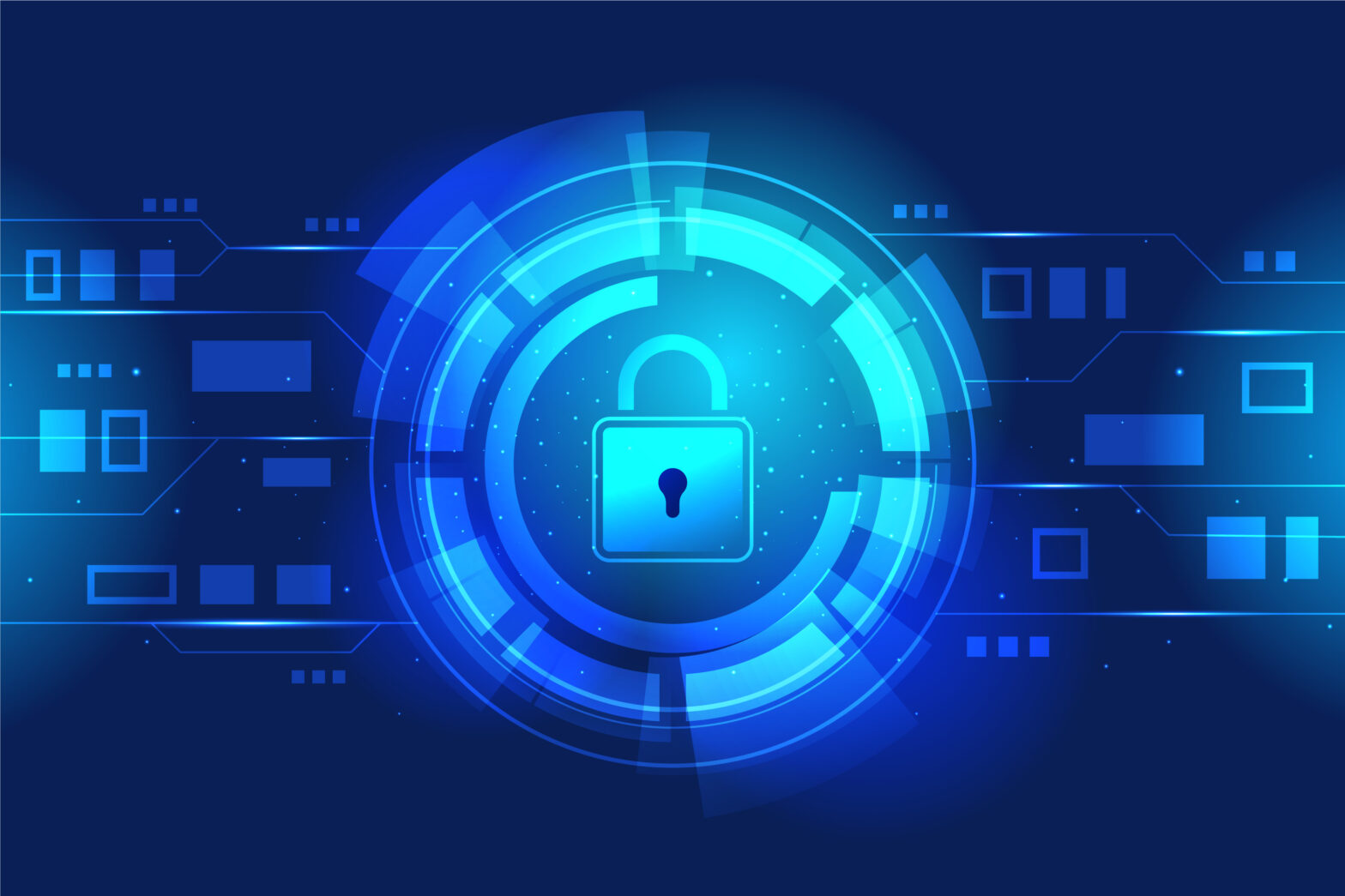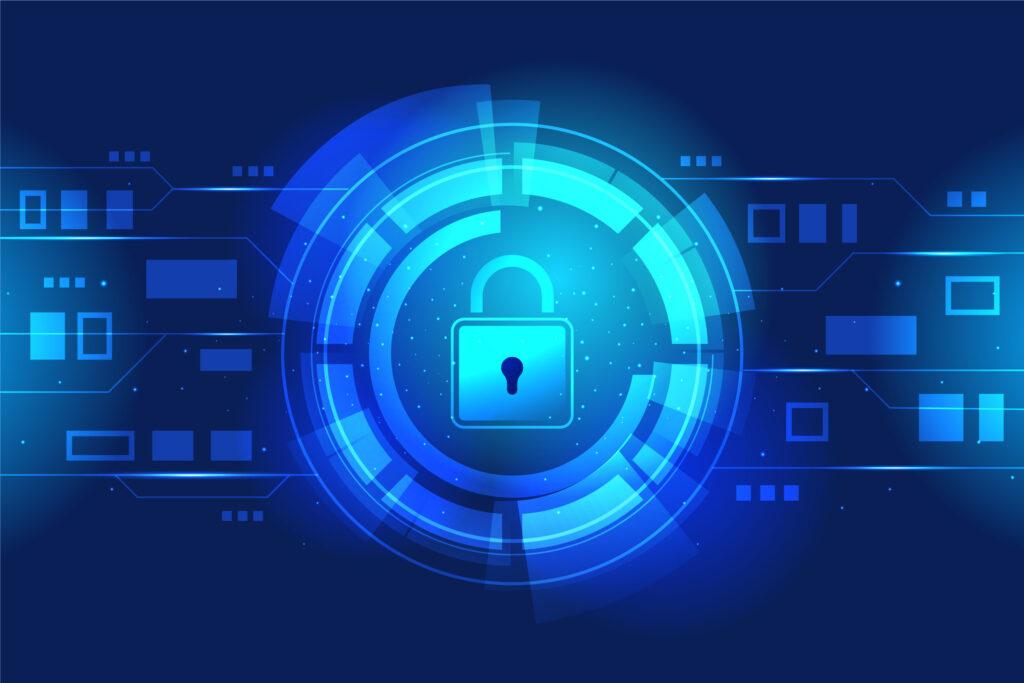Cyber-security

Introduction
Imagine for a second that your computer was hacked. What would you do? How would you feel? If you’re like most people, the thought of someone having access to all of your personal information is pretty terrifying.
That’s why cyber-security is so important. If you’re not sure what cyber-security is or why it’s so important, don’t worry, you’re not alone. I
We’ll give you an overview of cyber-security and explain why it’s so important for both individuals and businesses.

What Is Cyber Security?
. These attacks can come in the form of a virus, a hacker, or even state-sponsored actors.
That might sound like a lot to protect against, but cyber security is critical in our increasingly digital world. In fact, cybercrime is predicted to cost the global economy $2 trillion by 2019. And that’s just the financial cost—the human cost can be much higher.
That’s why it’s so important to stay ahead of the curve when it comes to cyber security. Make sure your devices are password-protected, your software is up-to-date, and your antivirus software is active. And most importantly, never click on links or download files from unknown sources.
Different Types of Cyber Security
There are different types of cyber-security that you can use to protect your devices and data.
Antivirus software is a type of software that protects your devices from viruses and malware. It scans your devices for malicious software and removes it.
Firewalls are a type of security software that protect your computer or network from unauthorized access. They work by blocking incoming and outgoing traffic to and from your devices.
Password managers are a type of software that helps you manage your passwords. They store all your passwords in one place, so you don’t have to remember them all.
Anti-spyware is a type of software that protects your devices from being spied on. It detects and removes spyware from your devices.
What Are the Benefits of Cyber Security?
When it comes to cyber security, the benefits are manifold.
First and foremost, cyber security protects your data. This can be anything from the confidential information you keep on your computer to the passwords and account numbers you use online. By safeguarding your data, you’re protecting yourself from identity theft, fraud, and a host of other crimes.
Second, cyber security protects your computer systems and networks. A secure network is one that can’t easily be hacked into, making it less vulnerable to attacks. This not only keeps your data safe but also keeps your business running smoothly.
Finally, cyber security helps protect your reputation. In a world where news travels fast, a data breach can quickly tarnish your company’s image and damage your bottom line. Cyber security can help prevent this from happening and keep you in business.
Cyber Security Best Practices and Policies
Cyber-security best practices and policies are essential to staying safe online. It’s important to take proactive steps to protect your data and systems from intrusion, and keep an eye out for suspicious activity.
Common cyber-security measures include installing updates and patches as they become available, implementing anti-malware software and firewalls, backing up data regularly, creating strong passwords, and educating employees on security protocols. You should also create a Bring Your Own Device (BYOD) policy if you allow employees to use their own devices for work purposes.
It’s also important to establish a cyber-security incident response plan so you know how to respond quickly in the event of an attack or data breach. This includes identifying who needs to be notifie, how the incident will be communicate and , how the aftermath is handle (including investigating the incident), and what changes need to be mad moving forward to ensure the safety of the system going forward.
Common Cyber Security Risks
You may be wondering what some of the common cyber security risks are, and how you can protect yourself. One of the most common is malware. This is any malicious software that can use your computer, server, or mobile device to spread itself or cause damage to your files.It’s installed without you even knowing it and could infect other systems on your network as well. To prevent this, it’s important to keep. all software and operating systems up-to-date, so any security flaws can be patche . It’s also essential to have anti-virus software installed. which will scan for and block any malicious programs from. being downloade onto your computer. Additionally, make sure to avoid clicking on suspicious links in emails or websites you don’t know.
Tips for Protecting Your Digital Assets
The rise of cyber-attacks is a reality that we can’t ignore. That’s why it’s essential to practice good cyber-security and protect your digital assets from malicious actors.
Keep your software up to date – It’s important to regularly update the operating systems and other software on all of your devices and networks. This will help patch any security vulnerabilities that hackers might exploit.
Monitor your devices – Install anti-malware programs (like antivirus) on all of your devices and keep them running at all times. This will help prevent any malicious software from entering them.
Back up – It’s important to back up all your files in case they’re compromised by an attack. Doing so will help ensure that you don’t lose any important information.
Conclusion
Use strong passwords and change them regularly.
Be careful what you click on. Don’t open emails from people you don’t know, or emails that look suspicious.
Make sure your computer’s firewall is turned on.
Contact us

Pak Address:
Johar Town H Block lahore, Pakistan
amnakhank22@gmail.com

+92 316 5544991